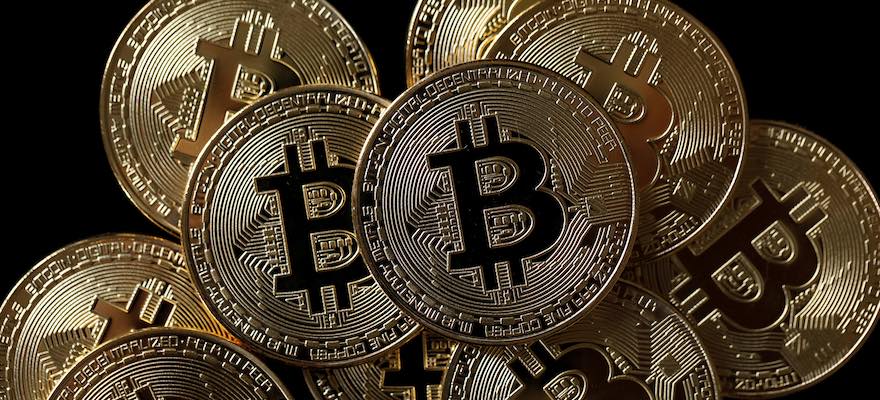New Zealand’s Financial Markets Authority (FMA) issued a warning against cryptocurrency assets and mentioned that digital currencies are not regulated in the country. The FMA said that Bitcoin is a highly volatile asset, and New Zealanders should be aware of the risks associated with digital currencies.
According to a report published by the NZ Herald, the FMA expressed concerns regarding the rising cryptocurrency scams in the country as many unregulated digital exchanges are promising high returns to the investors.
The recent announcement from the country’s regulatory authority came a day after the Financial Conduct Authority (FCA) in the UK issued a strict warning against investment in cryptocurrency assets.
"Cryptocurrencies are not regulated in New Zealand and are often exploited by scammers and hackers. New Zealanders considering purchasing cryptocurrencies, such as Bitcoin, should be aware that these are high risk and highly volatile assets," an FMA spokesman told the NZ Herald.
"The FMA shares the FCA's concerns that some crypto exchanges are promising high returns and customers should be prepared to lose all of their money. Many overseas cryptocurrency exchanges are unregulated and operate exclusively online, with no connection to New Zealand. This makes it hard to find out who is offering, exchanging, buying, or selling the cryptocurrencies," the spokesman added during a discussion with the NZ Herald.
Cryptocurrency Scams
The crypto market gained substantial value in the last twelve months. Bitcoin, the world’s largest cryptocurrency jumped more than 300% in 2020. The overall market cap of cryptocurrencies now stands at around $950 billion. The recent jump in the prices of digital assets caused a significant increase in crypto scams. A recent report by the London-based crypto assets Risk Management solutions provider, Elliptic shows that criminals are using privacy wallets to hide stolen Bitcoin. Finance Magnates earlier reported about another scam in which scammers were using profile pictures of famous celebrities to lure crypto investors through advertisements on fake news websites.


















